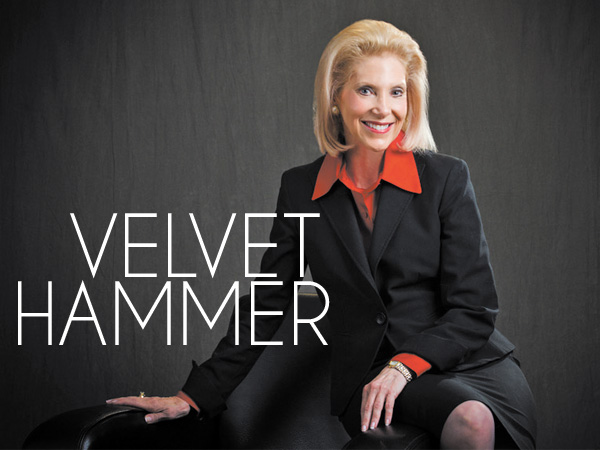Q: I’m 30 years old and was just promoted to senior vice president of a midsized accounting firm managing a team of executives who, in some cases, are 15 to 20 years older than me. I know my promotion has caused a great deal of consternation with the more ‘seasoned’ members of my team. Any advice to dispel their concerns about my leadership?
— Young But Up to the Challenge
A: Young managers who are tasked with guiding people older than themselves often deal with direct reports who question their competency or their ability to lead. Many times, that concern stems from the fact that they may be coping with their own self-doubt. Regardless, if young managers are to succeed, they must gain the trust and respect of their colleagues and, at the same time, confidently navigate the situation. A few thoughts: Interview your direct reports to learn more about their skill sets. Ask them about their daily job/challenges and what can be done to improve the team’s effectiveness. Instead of unilaterally making all decisions, collaborate with your team. Too often, young managers feel pressure to prove themselves and mistakenly rely only on themselves to make decisions. Conferring with the more experienced, older members on your staff might provide valuable insight resulting in an even better outcome. Treat each employee as an expert. Although it is the manager’s job to set goals and objectives, it is important to solicit and respect the expertise of your management team. When respect is given, it is usually reciprocated. Don’t be a pushover. While collaboration is important to your success, don’t be afraid to be the boss. Establish expectations and hold people accountable. Correct bad habits in private and praise good work in public. And, when you make mistakes, take responsibility and address them accordingly. No excuses, or pointing fingers, otherwise you are giving license for your team to do the same. Care about your team. You need to genuinely care about your employees, and they need to feel you have their back. When you do, everything else has a way of falling into place. Their biggest fear is that you are going to be against them. Show them you are not only on their side but also on the same team.
Q: What’s more important in business, your EQ or IQ?
—Weighing my Assets
A: Emotional Quotient (EQ), or emotional intelligence, is defined as having the ability to perceive and express emotions. People with a high EQ tend to have self-confidence, initiative and empathy. Your Intelligence Quotient (IQ) is a score derived from standardized assessments designed to test intelligence. Those with a high IQ seem more adept with logical reasoning, word comprehension and math skills. The jury is out on what’s more important, but some say: “A high IQ will get you through school; a high EQ will get you through life.” You be the judge.
If you have a question for Joan, send it to business@townandstyle.com. Joan Lee Berkman is a marketing and public relations consultant.
Photo: Colin Miller of Strauss Peyton
